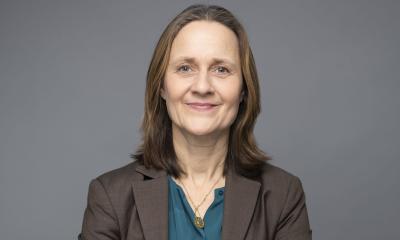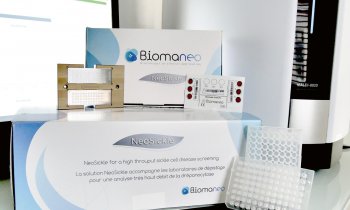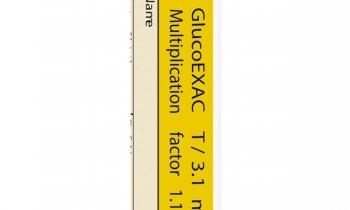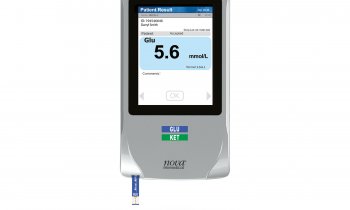Growing up with diabetes
Diabetes presents a special challenge for the young. Here we see how a young
Swiss girl has successfully come to terms with her metabolic disorder. A true life story from Bayer HealthCare Diabetes Care (BayNews)
All children and adolescents prefer to spend their leisure time with friends, going to the cinema, playing sport and trying out all sorts of new things as they grow up. Jessica G (24) from Geneva was no different. But her world was turned upside down when she was 11 years old and her doctor diagnosed Type 1 diabetes. Her pancreas no longer produced insulin. "Within a short space of time, I had lost ten kilos. I felt ill all the time and dizzy," Jessica recalls today. At first, she refused to believe the diagnosis. "I was shocked. Why me? I hadn't done anything wrong," is how she describes her feelings at the time.
In hospital, she soon learned how to cope with the metabolic disorder. "When I came home again after ten days I had no problem following the medical instructions and advice. I also managed to inject the insulin. “My parents were very proud of me then," says Jessica.
Then came the first "hypo" (blood glucose level of ≤50 mg/dl). This experience was so distressing Jessica started to eat pure sugar. She accepted all the sweet things that were offered to her without hesitation. Her one thought: no more hypos.
Consequently she ignored the fact that her blood glucose levels were increasing dangerously as a result. She went to the doctor for regular medical checks - taking along a diary containing false entries - for her parents' sake and to avoid conflict. She did not see the point of these visits as she felt she was being treated like a child and not helped at all. Another thing that was important for her was the fact she was “different”. "I couldn't bear to be different from the others. I didn't want any of my friends to know that I had diabetes." Her greatest fear was of being pitied.
However, she gradually became aware that she could not go on ignoring her diabetes. Jessica was helped by a diabetes nurse who specialized in the care of adolescents with diabetes and who brought her face to face with other young diabetics. "It was a very satisfying feeling when I was finally able to talk about my despair and my internal conflict," admits Jessica. After long and intensive discussions in this group, the she regained her self-confidence. With positive results: she took care of her body, played sport and finally got her diabetes under control.
Of course, even now there are times when her glucose levels rise but now she understands the reasons such as stress or emotional upheaval. Using the Contour® blood glucose monitor from Bayer Diabetes Care she can obtain precise results quickly and easily and can then take the necessary measures to counteract them.
Jessica stresses the importance for young diabetics to receive the right emotional and medical support from experts and peers.
She says: "Without the understanding of my nurse and the support of the other youngsters, I might never have managed it."
Further information about Bayer can be found at www.bayer.com
19.11.2008











